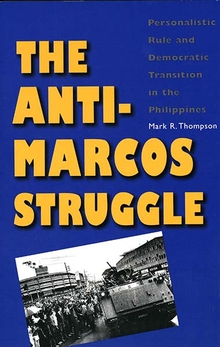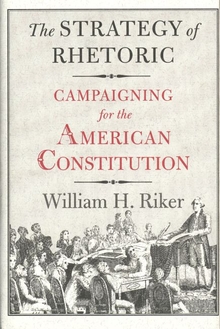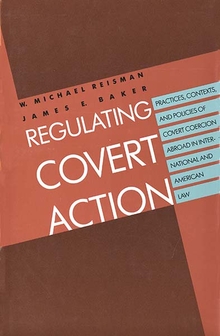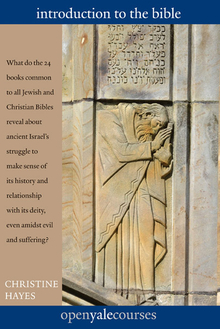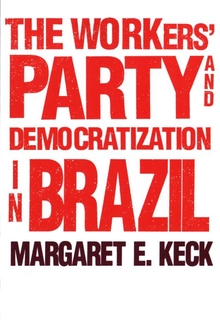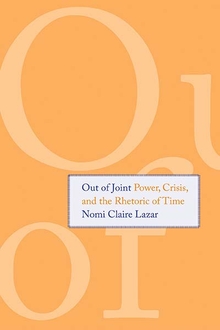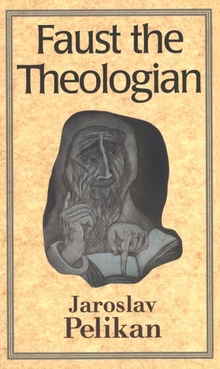The Anti-Marcos Struggle
WARNING
You are viewing an older version of the Yalebooks website. Please visit out new website with more updated information and a better user experience: https://www.yalebooks.com
Personalistic Rule and Democratic Transition in the Philippines
Mark R. Thompson
Based on 150 interviews that Thompson conducted with key participants and on unpublished materials collected during his five trips to the Philippines, the book sheds new light on the transition process. Thompson reveals how anti-Marcos politicians backed a terrorist campaign by social democrats and then, after its failure, joined a "united front" with the communists. But when opposition leader Benigno S. Aquino, Jr., was assassinated in 1983, the politicians were able to draw on public outrage and challenge Marcos at the polls. The opposition's "moral crusade" brought down Marcos and enabled the new president, Corazon C. Aquino, to consolidate democracy despite the troubling legacies of the dictatorship. Thompson argues that the Philippines' long-standing democratic tradition and the appeal that honest government had to the Filipinos were important elements in explaining the peaceful transition process.
"With telling detail, sound scholarship, and lucid prose, Mark Thompson analyzes the range of strategies pursued by the Philippine political and economic elite during their struggle to oust Marcos. Thompson makes valuable theoretical contributions to our understanding of Philippine politics and of authoritarian regimes generally."—Ben Kerkvliet, The Australian National University, Canberra
"Thompson's account of the fall of Marcos will not be superseded for a long time to come. The book will of great interest to comparativists. Only an utter command of the fugitive sources, a sense for the contingencies of history, a rare capacity for nuanced judgment and a concern for comparative theory could have produced such a valuable study of the transition to democracy in the Philippines."—James C. Scott, Chairman of the Council of Southeast Asian Studies at Yale, and Professor of Political Science and Anthropology
"Mark Thompson's study is the most important account yet produced of the élite opposition to Marcos leading up to democratic transition in 1986. Thompson both contributes to the theoretical literature on democratisation, something done far too rarely in the study of South East Asian politics, and presents us with a wealth of new information about the actions of activities of the Filipino élite during the last years of Marcos rule."—James Putzel, South East Asia Research
"A carefully researched and well-written book that must be read by all students of Philippine politics and of democratic transitions."—David Wurfel, Pacific Affairs
"Thompson's book will be widely read by Philippine scholars because it is one of the first books to analyze the collapse of the Marcos regime using a theoretical and comparative perspective. Furthermore, his discussion is supported by an impressive body of evidence that draws on numerous sources to offer a highly detailed account of the role of the opposition in the installation of the Aquino government. For these same reasons, this book will also be read by comparativists who are looking for a detailed analysis of the Philippine transition case."—Gretchen Casper, Comparative Politics
"Rich and thick in detail drawn form the post-Marcos literature on the Philippines and from an impressive array of one hundred and fifty informants, this book makes a major contribution to social science studies on authoritarianism and redemocratization in many countries in contemporary times."—Belinda A. Aquino, Studies in Comparative International Development
"The single best available study of the transition from authoritarian rule in the archipelago. . . . An excellent study of the transition from Marcos to Aquino, impressive in its synthesis of scholarship on Philippine politics, its command of comparative and counterfactual analysis, and its contribution of original empirical material on the most crucial years of post-war Philippine history."—John Sidel, Political Studies
Publication Date: November 30, 2011

